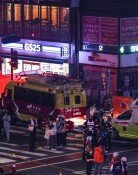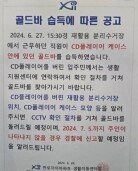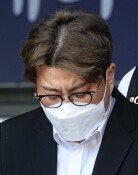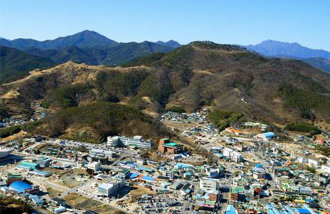Gov’t should suggest solutions to bring interns and residents back
Gov’t should suggest solutions to bring interns and residents back
Posted July. 02, 2024 08:09,
Updated July. 02, 2024 08:09
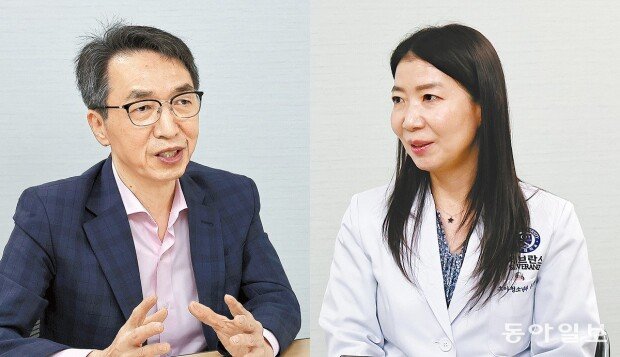
“It feels like everyone is simply being an onlooker while we are drowning and screaming,” said Kim Seong-joo, the chair of the Korean Alliance of Seriously Ill Patients Association. “We are deeply sorry for causing anxiety. We, doctors, will stand by patients,” said Professor Eun Young-min of Pediatrics at Yonsei University Medical School.
The medical vacuum, which began with interns and residents leaving hospitals in February this year, has been ongoing for five months. While professors of Seoul National University’s medical school and hospitals stopped their indefinite strike, some university hospitals are still implementing voluntary strikes, leaving patients still concerned. Both the medical professor and the leader of the patient organization who met each other during such difficult times voiced that it is the government’s turn to suggest solutions as the majority of doctors are standing by patients.
Kim, who is suffering from stage 4 esophageal cancer, met Professor Eun in the faculty research building of Gangnam Severance Hospital on Sunday and shared each side’s stance. The two discussed the causes and solutions for the current medical vacuum for two hours. This was the first time that a medical professor and a leader of a patient organization publicly met one-on-one to discuss solutions since the medical vacuum started.
While the emergency response committee of Yonsei University Medical School announced an indefinite strike starting on Thursday, Professor Eun remained with patients, saying the doctors in essential medical fields that are directly connected with patients’ lives can never leave patients. President Kim thanked her and said patients are with the doctors who remain at hospitals. “Many patients still trust and respect medical professionals. I hope the vacuum will be resolved while such feelings remain.”
The two agreed that protecting essential and local medical care that is suffering due to the current situation is more important than increasing the number of medical school students by 2,000. “The issue begins with the essential fields’ medical fees that haven’t increased since the 1980s,” said the professor. “The structure in which doctors stay up all night to keep seriously ill patients alive but are put under pressure by hospitals to bring more profits should change by raising medical fees,” she emphasized. “How to address issues in the essential and public medical fields is important, not increasing medical students by 2,000. However, there is no specific roadmap,” Kim criticized the government.
The two urged the government to provide concrete solutions and convince interns and residents. “Two requests I have for the government are engaging with interns and residents to identify the core issues and discussing concrete solutions with those working in the medical field to revive it,” said the professor. “As improving the training environment for interns and residents requires a lot of time and resources, the government should show more determination and convince them,” said Kim.




